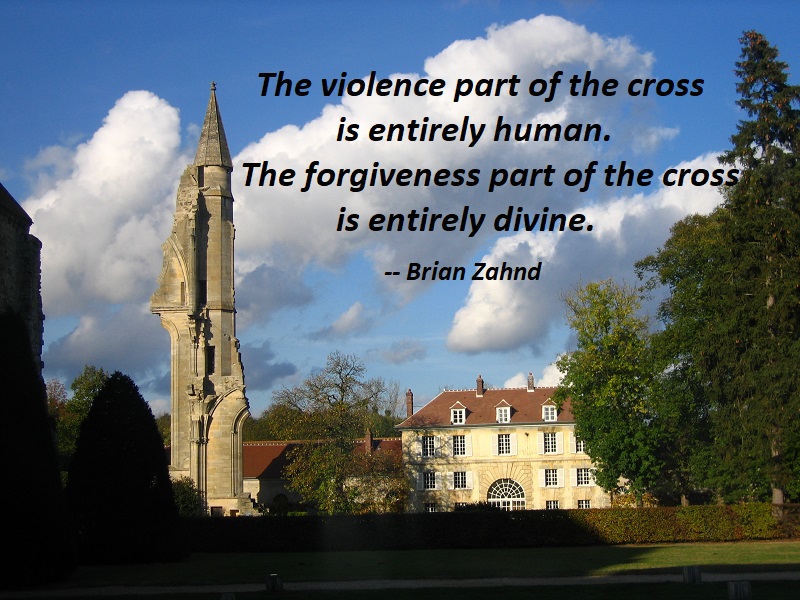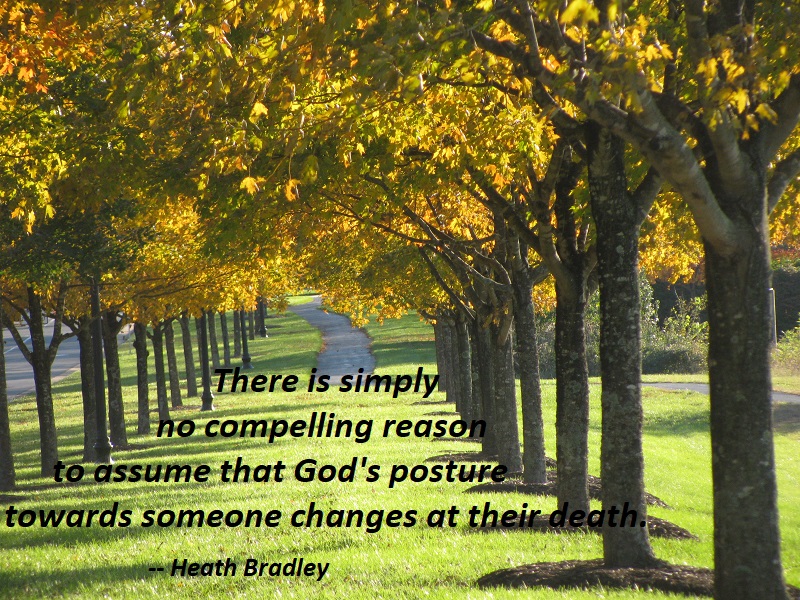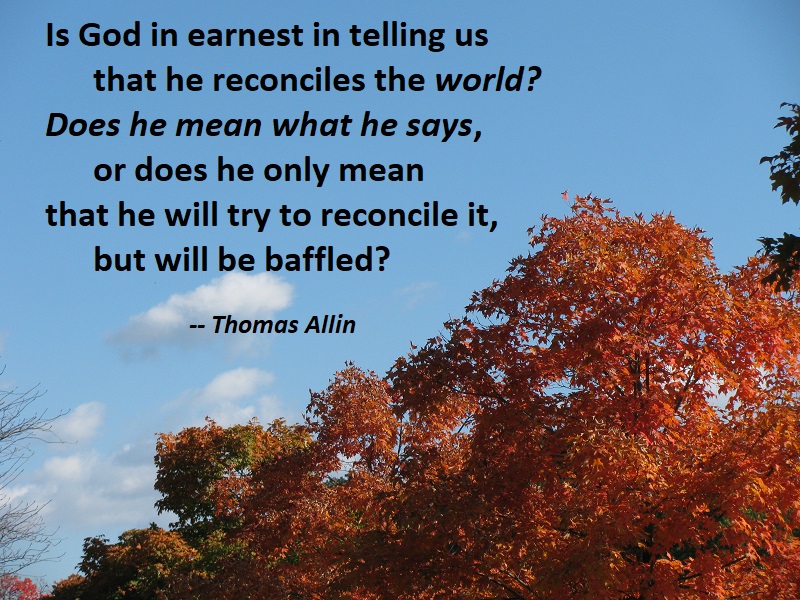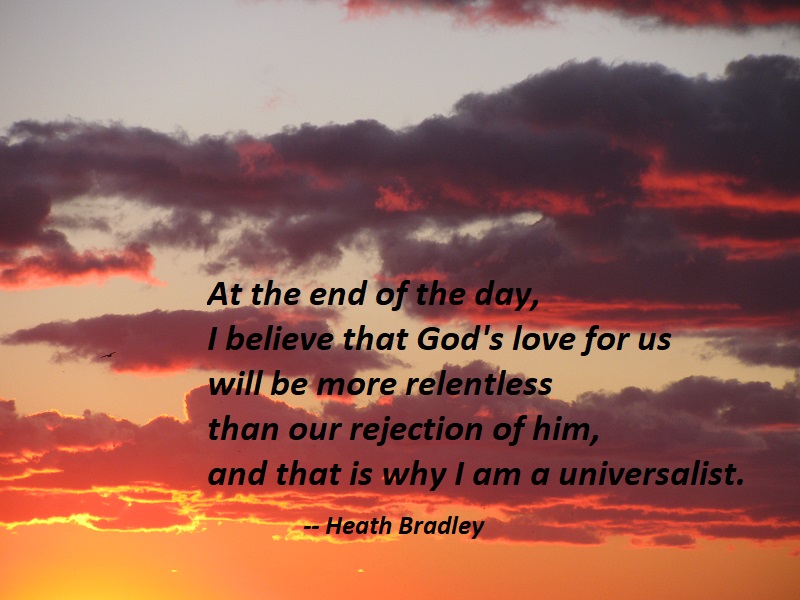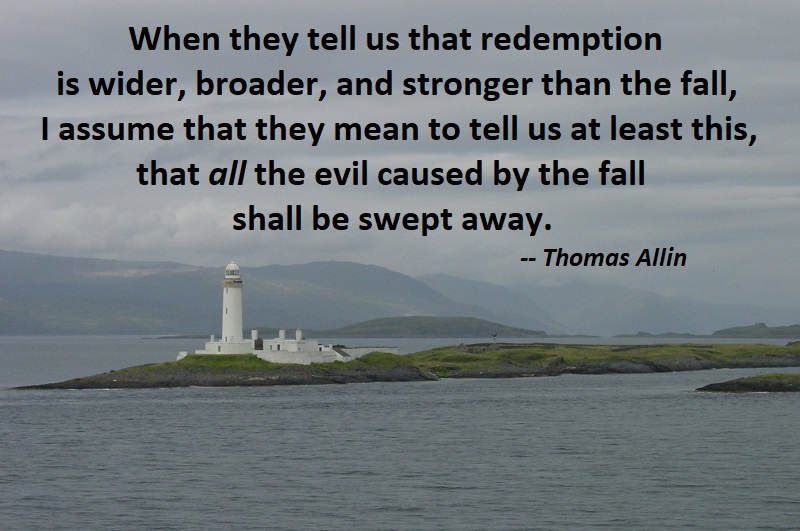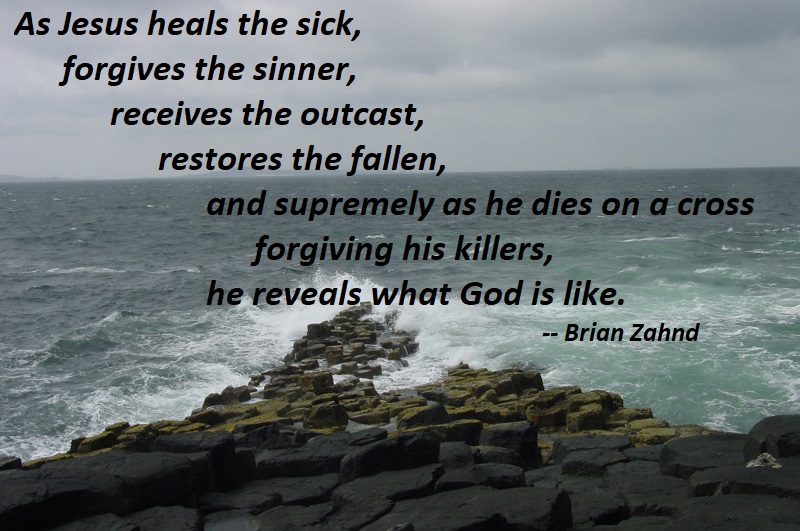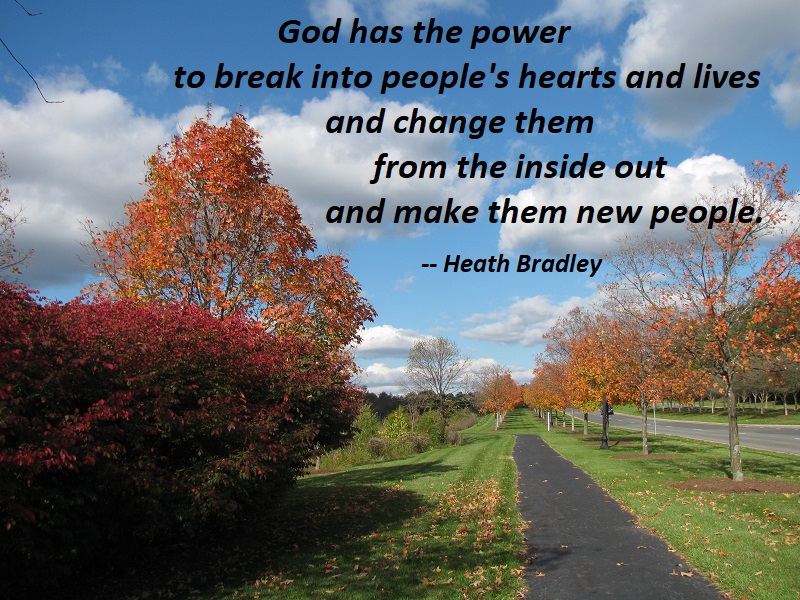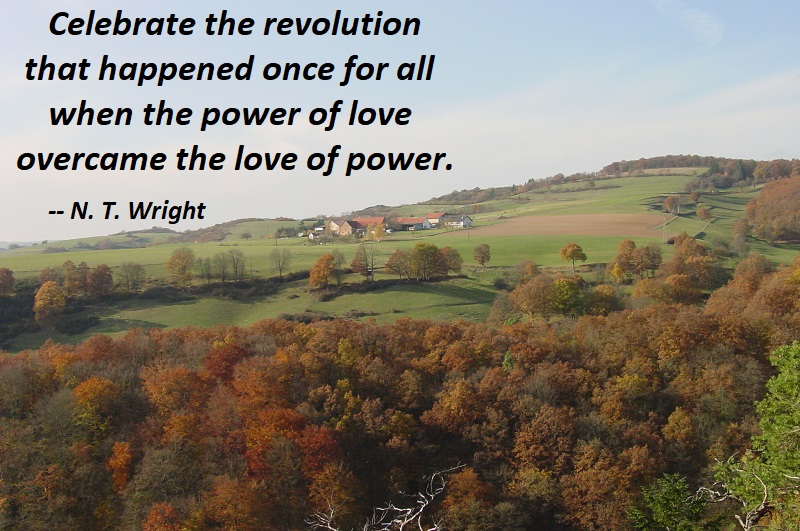Inexorable Love
A few words of earnest caution must be added here. I trust it has been made plain in these pages that in teaching universal salvation I have not for a moment made light of sin, or advocated the salvation of sinners while they continue such. I earnestly assert the certain punishment of sin (awful it may well be, in its duration and its nature for the hardened offender), but in all cases directed by love and justice to the final extirpation of evil. Nay, I have opposed the popular creed on this very ground, that it in fact teaches men to make light of sin, and that in two ways: first, because it sets forth a scheme of retribution so unjust as to make men secretly believe its penalties will never be inflicted; and second, because it in fact asserts that God either will not, or cannot, overcome and destroy evil and sin, but will bear with them for ever and ever.
I repeat that not one word has been written in these pages tending to represent God as a merely good-natured Being, who regards as a light matter the violation of his holy law. Such shallow theology, God forbid that I should teach. Infinite love is one thing; Infinite Good-nature a totally unlike thing. Love is never feeble, it is (while most tender) most inexorable. In the light of Calvary it is that we are bound to see the guilt of sin. But let us beware, lest, as we stand in thought by the cross, we virtually dishonour the atonement by limiting its power to save — by teaching men that Christ is after all vanquished; lest, while in words professing to honour Christ, we, in fact, make him a liar, for he has never said, “if I be lifted up, I will draw some men,” or even “most men,” but “I will draw all men to me.”
— Thomas Allin, Christ Triumphant, p. 268
Photo: South Riding, Virginia, November 7, 2018


